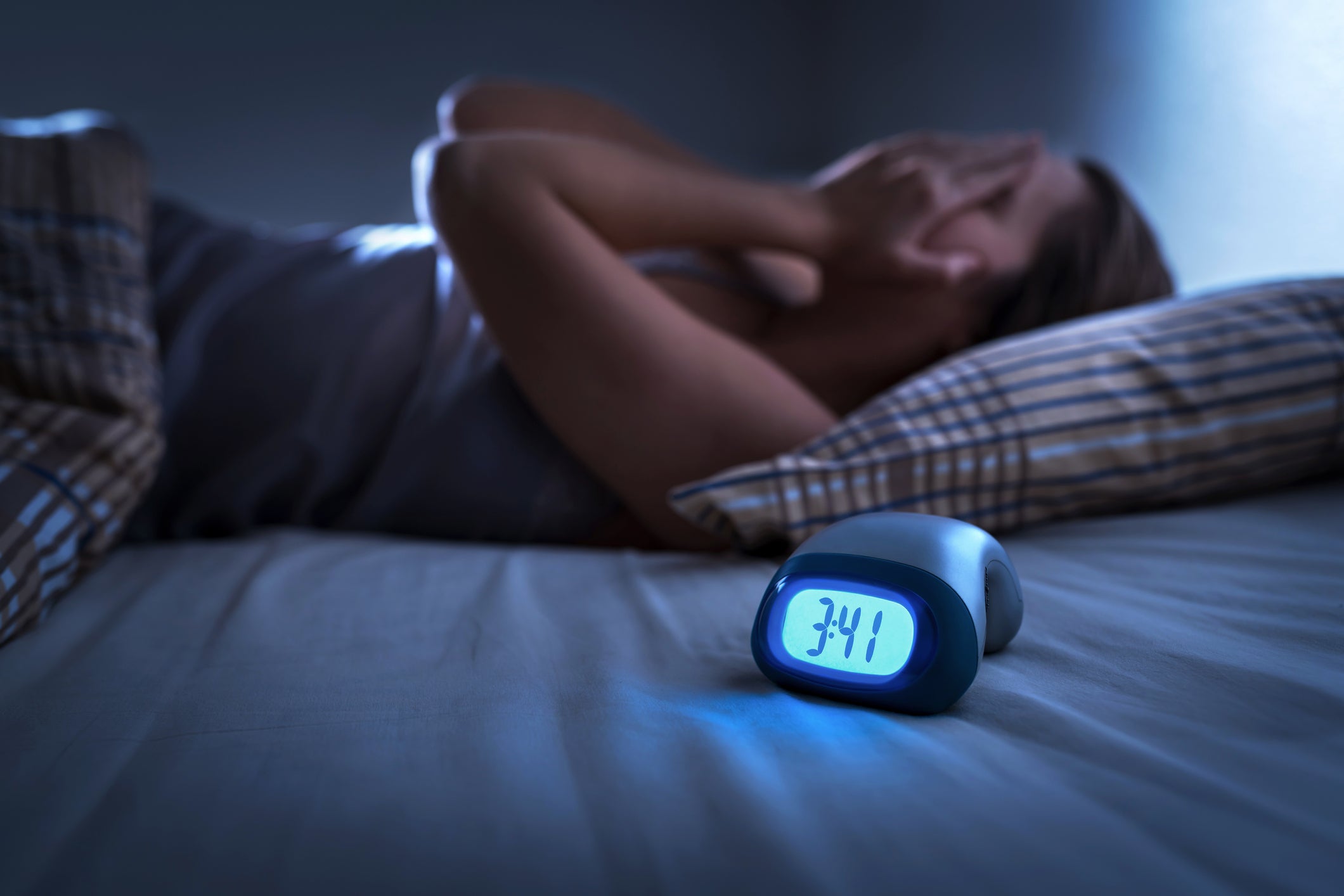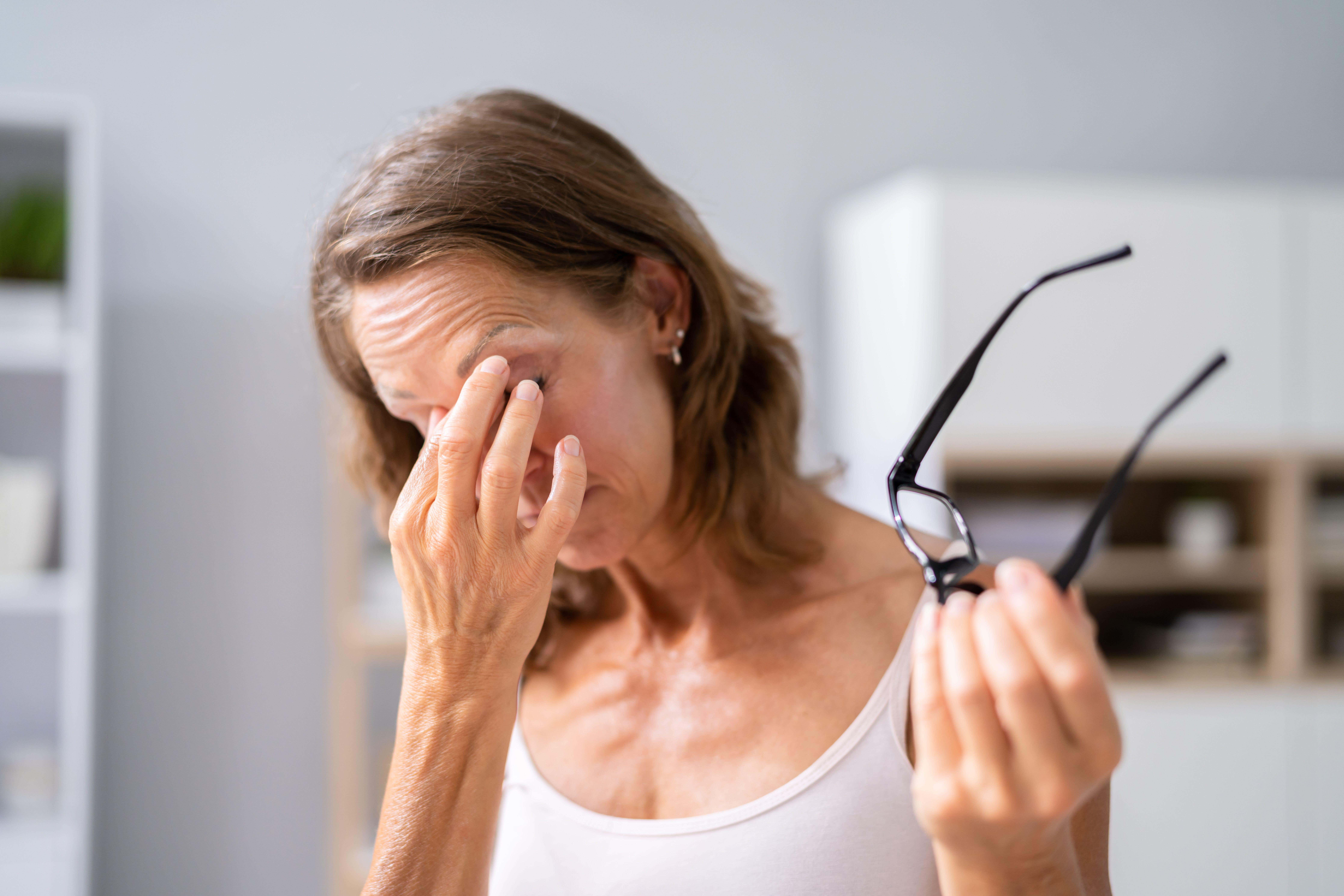Struggling to sleep at the moment? You’re not the only one – here’s why
More light can potentially affect the quality and duration of our sleep

The arrival of spring is always a welcome relief – but it can impact our natural body clock and rhythms.
Daffodils are in bloom, days are feeling longer and brighter (as are our moods) – there’s a lot to celebrate when spring approaches. But if you’ve noticed you’re struggling to drift off or stirring a lot more during the night, it’s probably no coincidence. A shift in season often means a shift in energy too, and the transition from winter to spring can affect our sleep.
“There are two things to bear in mind when thinking about your sleep as we head into spring: temperature and light,” says Hannah Shore, resident sleep expert at Silentnight.
Both of these things are key to getting a good night of slumber, and even small changes can throw us a little off balance.
“As the days get warmer, we all need to be aware of the effect increased temperatures will have on sleep quality,” says Shore. It might still be pretty cold outside at the moment, but if you’ve been piling on extra thick bedding and pyjamas during the depths of winter, it might be time to start reducing those layers.
If you do find yourself over-heating during the night, Shore suggests it’s a good idea to factor this into your pre-bedtime routine too. “Our core body temperature needs to drop a couple of degrees for us to get a good night’s sleep, so anything that raises your core body temperature within your routine, such as exercise, hot baths and eating too close to bed time, will negatively affect you getting to sleep,” she notes.
Read more: Best mattress for a good night’s sleep
More daylight
Make no mistake – we’re definitely not about to start moaning about the arrival of spring’s extra daylight! But more light can potentially affect the quality and duration of our sleep, so it’s a good idea to factor it in if you’re struggling to get enough precious Zzzs.
“Lighting is also something we need to be aware of. It is a big influence on our circadian rhythm – the driving force for sleep,” says Shore. “You’ll notice that bright mornings can suppress the production of melatonin [aka the ‘sleep hormone’], making us feel more awake. On the flip side, dull lights in the evening prompt our bodies to produce sleep hormones, making it easier for us to fall asleep.
“The wrong lighting could negatively impact your circadian rhythm and although artificial lights can help fix this, natural light is best. Consider going for a walk in the morning sun and in the evening opt for mood lighting – these small changes will help you to keep a consistent and healthy sleep schedule throughout the year.”

Stephen Goknel, sleep guru and founder of Luff Sleep, adds: “As the sun starts to rise earlier as we go into spring, our sleep cycles and circadian rhythms also change, as the natural light decreases our bodies’ melatonin production, and we begin to wake up earlier naturally.”
Work with the shift
If you are very sensitive to light when trying to sleep, investing in black-out blinds or curtains, or wearing a sleep mask could help. Working with the seasonal shift, rather than battling against it or just hoping for the best, can also be beneficial – especially ahead of the clocks changing on March 31.
“Set your alarm for 15 minutes earlier. This may seem counter intuitive, but getting your body used to a gradual change of time will be much better for your circadian rhythm (your natural body clock) that jolting back one whole hour suddenly,” says Goknel.
“Get up and exercise outdoors, if the weather is OK, or in a room with lots of natural light if not. This will trigger the release of cortisol and make your body feel much more awake naturally. If you can, decrease your caffeine intake over the afternoons, and get to bed 30 minutes earlier – this again will help your body adjust.”
Read more on the best mattresses to help you get a better night’s sleep
Join our commenting forum
Join thought-provoking conversations, follow other Independent readers and see their replies
Comments
Bookmark popover
Removed from bookmarks